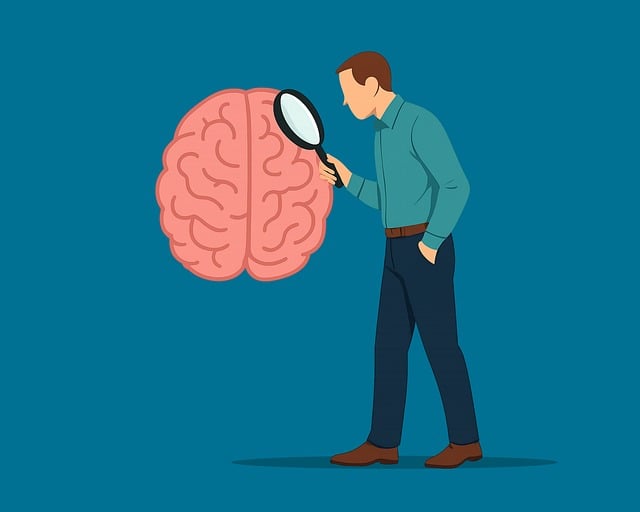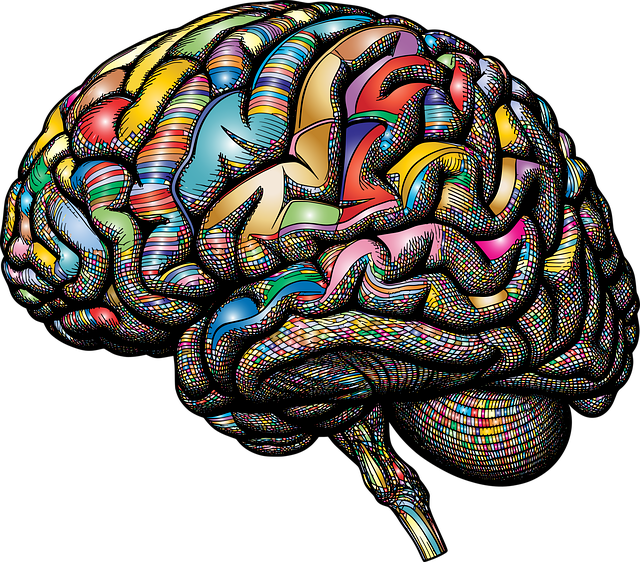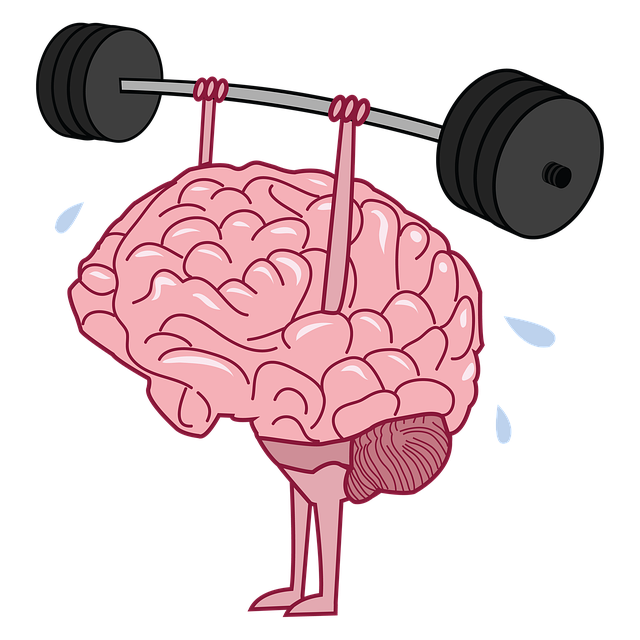Northglenn Therapy for Therapists-Clinicians emphasizes early depression recognition through understanding subtle signs like mood shifts, energy changes, and appetite alterations. They promote self-compassion via mindfulness and self-care, stress management workshops in organizations, and holistic approaches combining lifestyle adjustments with therapy. Evidence-based therapies such as Cognitive Behavioral Therapy (CBT) and mindfulness meditation are utilized to reduce depression risk factors. Building strong support networks through community engagement and collaborative therapy sessions enhances mental resilience and overall well-being for Northglenn residents.
Depression is a prevalent and serious mental health concern, yet it’s not always easily recognizable. This article equips readers with essential tools for depression prevention through a multi-faceted approach. We explore early signs and symptoms to foster awareness, emphasizing the power of lifestyle adjustments for mental well-being. Evidence-based therapies are delved into, providing clinicians with effective strategies. Additionally, we highlight the significance of building supportive networks, including Northglenn Therapy for therapists and clinicians, in empowering individuals to combat depression proactively.
- Recognizing Depression: Early Signs and Symptoms
- Lifestyle Adjustments for Mental Well-being
- Evidence-based Therapies for Depression Prevention
- Building a Supportive Network: Northglenn Therapy for Clinicians
Recognizing Depression: Early Signs and Symptoms

Recognizing depression early is a vital step in preventing it from escalating. While it’s often associated with intense feelings of sadness, despair, and hopelessness, depression can manifest differently for everyone. Some individuals may experience subtle shifts in mood or energy levels, while others might notice changes in their appetite, sleep patterns, or interest in activities they once enjoyed. These early signs and symptoms can include persistent feelings of emptiness, increased irritability or frustration, difficulty concentrating, and changes in weight or eating habits.
In the context of Northglenn therapy for therapists-clinicians, understanding these subtle indicators is crucial. Therapists play a significant role in depression prevention through regular sessions focusing on mental well-being. They can guide clients in cultivating compassion towards themselves using practices like mindfulness and self-care techniques. Additionally, stress management workshops within organizations can empower individuals to recognize their own vulnerability and implement healthy coping strategies before depressive episodes occur.
Lifestyle Adjustments for Mental Well-being

In the pursuit of mental well-being, lifestyle adjustments play a pivotal role, as they create an environment conducive to resilience and happiness. For individuals in Northglenn seeking support, therapy for therapists and clinicians offers specialized guidance tailored to their unique needs. Incorporating regular physical activity, maintaining a balanced diet, and prioritizing quality sleep can significantly impact one’s mood and overall mental health. These simple yet powerful changes can serve as effective prevention strategies against depression.
Additionally, building empathy within personal relationships and engaging in emotional healing processes through therapy can foster a supportive network. Many organizations now offer stress management workshops designed to equip individuals with tools for coping with life’s challenges. By combining these approaches—from lifestyle modifications to professional therapy sessions—people in Northglenn can proactively enhance their mental resilience and overall quality of life, creating a more sustainable and fulfilling future.
Evidence-based Therapies for Depression Prevention

Depression prevention strategies among mental health professionals, such as Northglenn Therapy for Therapists-Clinicians, heavily rely on evidence-based therapies. Cognitive Behavioral Therapy (CBT), a widely recognized and effective approach, focuses on identifying and modifying negative thought patterns that contribute to depressive episodes. By teaching individuals coping mechanisms and skills to challenge distorted thinking, CBT empowers them to manage symptoms proactively.
Integrating mindfulness meditation into therapeutic practices is another powerful strategy gaining traction in the field. Research suggests that regular practice of mindfulness can reduce risk factors for depression by promoting emotional regulation, reducing stress, and cultivating a greater sense of well-being. Additionally, Mental Health Policy Analysis and Advocacy plays a crucial role in fostering supportive environments where healthcare providers, including those specializing in Northglenn Therapy, can implement Burnout Prevention Strategies to maintain optimal mental health themselves.
Building a Supportive Network: Northglenn Therapy for Clinicians

Building a strong support network is a vital aspect of depression prevention and treatment, as it provides individuals with a sense of belonging and helps foster inner strength development. Northglenn Therapy for therapists-clinicians offers specialized services tailored to this need, focusing on coping skills development and trauma support. This approach recognizes that humans are social beings who thrive in communities, and accessing these therapeutic services can be transformative.
By engaging in collaborative therapy sessions, individuals can learn valuable coping mechanisms while also receiving emotional support from their peers and therapists. Such an environment encourages open communication, promotes understanding, and facilitates the sharing of experiences, all of which contribute to enhanced resilience and overall well-being.
Depression prevention is a multifaceted approach that combines early recognition, lifestyle adjustments, evidence-based therapies, and a robust support network. By understanding the subtle signs and symptoms of depression, therapists can guide individuals towards making positive lifestyle changes. Evidence-based treatments, such as cognitive behavioral therapy (CBT), have proven effective in preventing depressive episodes. Additionally, building a supportive environment, including access to Northglenn Therapy for clinicians, enhances recovery. Embracing these strategies not only empowers individuals but also strengthens the collective effort to combat depression.














